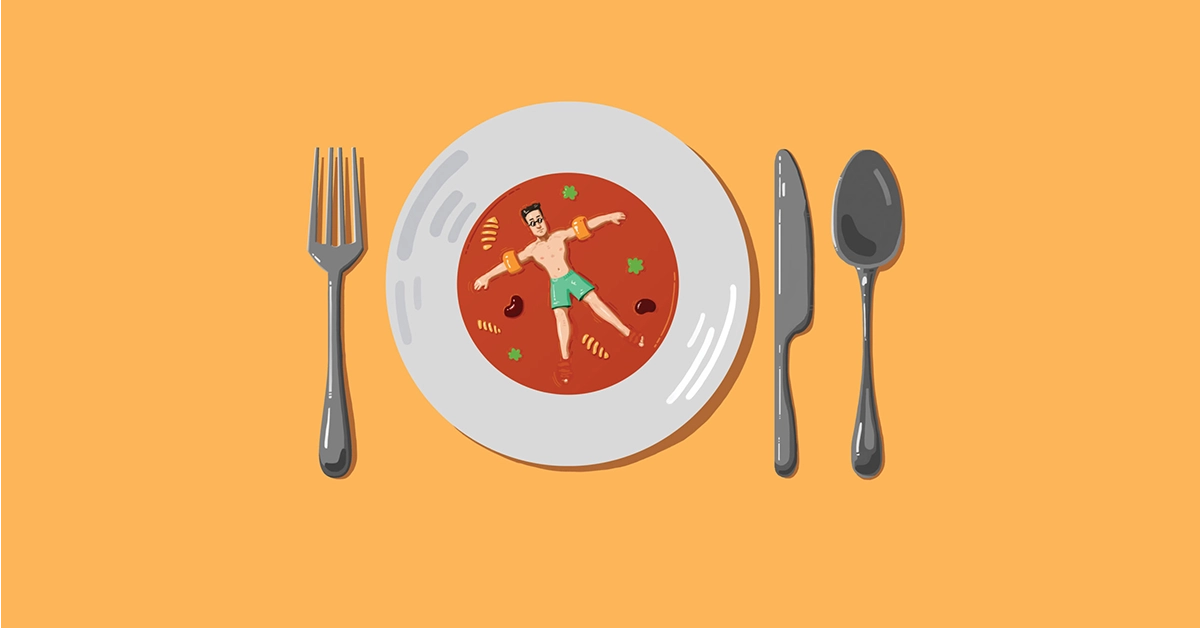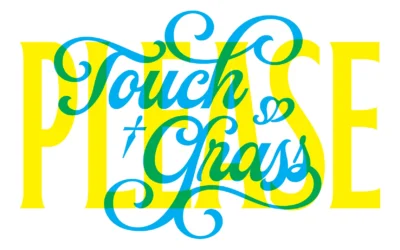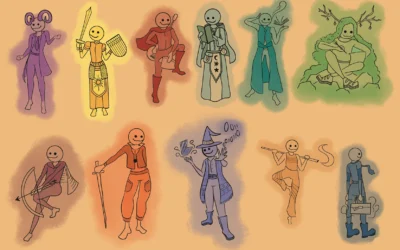People have always had a complex relationship with food.
Today, food is usually consumed in between classes, while running from one meeting to the next, or when driving home from a long day. We may not even think about what we’re eating. But food has a much deeper connection to society, and some of its implications can be really surprising.
In particular, food is used in society to perpetuate social stratification, ensuring that those with power remain on top and wealthy while the lower classes prop them up.
The differences in diet between socio-economic classes isn’t always obvious to the average person, especially for those who are in the middle or upper classes. However, for those groups struggling to meet their nutritional needs, food is one more thing dividing society.
“We find that those individuals who are less wealthy tend to purchase food that (is) less expensive and (lower) in quality and often has a lot of calories in it,” says Franca Boag, an anthropology professor at MacEwan University. “People who are working two jobs aren’t able to prepare good meals with lots of fruits and vegetables, and their bodies are marked by these fast foods.”
Similarly, Boag says that wealthier groups can afford to purchase fresh produce, even though it may be out of season, and can invest in “trendy” foods like avocados, quinoa, or pomegranates. This generally keeps them healthier, as they consume less processed foods and can afford to take the time to prepare meals.
Even when higher classes indulge in more calorie-rich foods, they tend to be rare and hard to obtain, such as caviar or artisanal meats like prosciutto.
Being surrounded by fresh products not only translates into better nutrition but also creates individuals who are thin, setting the standard for body ideals in the Western world. Because of this, food takes on a moral implication.
Being able to measure food consumption and eat fatty foods in moderation becomes synonymous with good morals and ethics.
“People who are working two jobs aren’t able to prepare good meals with lots of fruits and vegetables, and their bodies are marked by these fast foods.”
—Franca Boag
“We’re now seeing being fat as a symbol of laziness and gluttony. That is a social change, and it certainly is one that I think is spreading with globalization,” says Boag.
In previous periods, more Rubenesque women would have been considered more appealing, and still are in certain cultures around the world. Now higher body weight is associated with poor willpower or economic disadvantage in Western societies. The change in body ideals has helped shape the diet culture that now surrounds food in society and is spreading across the world.
Many individuals, not only those with less money, often fall into unhealthy habits in order to stay within the social standard.
“Foods that market to the ‘diet’ industry (such as) sugar-free, low calorie, low fat, and light versions often contain extra preservatives, fillers, or artificial sweeteners to help them taste good,” says Raina Beugelink, a registered nutritionist. “They may do more harm in the long run than would having the natural version that has more calories.”
However, food is not only used for socioeconomic stratification. It can easily be applied to the hierarchy of men and women as well. From the time they hit puberty, men are encouraged to eat to fulfillment in order to promote strength, while their female counterparts begin to restrict their intake in order to appear more feminine.
In her study of college students at Millersville University, Carole Counihan, an anthropology professor at the institution, notes that society expresses a right to police the consumption of food differently based on gender, focusing more attention on what women are eating than men.
Beugelink says that this can be compounded by gender roles that have been passed on through generations. She says that individuals who are caregivers, as women usually are, are more likely to snack throughout the day and consume more calories overall, which can lead to weight gain.
While stratification through food may be more ambiguous today, when we have a large middle class, it has strong historical roots dating back to the creation of agriculture.
As soon as humans began to have a surplus of food, there was an emergence of authority and social status. Often people in power would showcase their position by throwing extravagant feasts with prestigious food items that were difficult to source. Boag says that this idea is still evident today during the holidays or big life events.
“That’s why we have a feast at weddings,” she says. “It’s a shared meal, but it’s also a gift exchange in which the host gives the gift of food. In exchange, it creates an indebtedness which must be repaid through loyalty and attachment.”
Over time, the expression of stratification has become more subtle, or even sometimes masked, behind other more outwardly acceptable reasoning. Altering food consumption to reflect a certain diet can be another way to show social standing and a moral superiority.
“Veganism and vegetarianism are increasingly popular because they are not only markers of identity but they’re also political in nature,” says Boag.
“Some people are perhaps animal rights activists, so they won’t eat meat. Other people won’t eat meat because of the environment or ecological footprint, and those are political statements. To have the choice to be vegetarian or vegan and then to be able to afford a balanced diet marks one’s status.”
The deeply rooted culture of food in our society isn’t always apparent on a day-to-day basis, and for good reason, as food consumption can be automatic for many who may not consider the implications of their diet.
Most people don’t base their eating choices on the social impacts that they can have, but the truth is that everybody eats and therefore has an effect on the relationships we build in society.
“I do think food has always been and will always be a mark of identity,” says Boag. “I don’t think food is going to go away as an index of one’s social position.”
Graphics by Kia Valdez Bettcher.





0 Comments